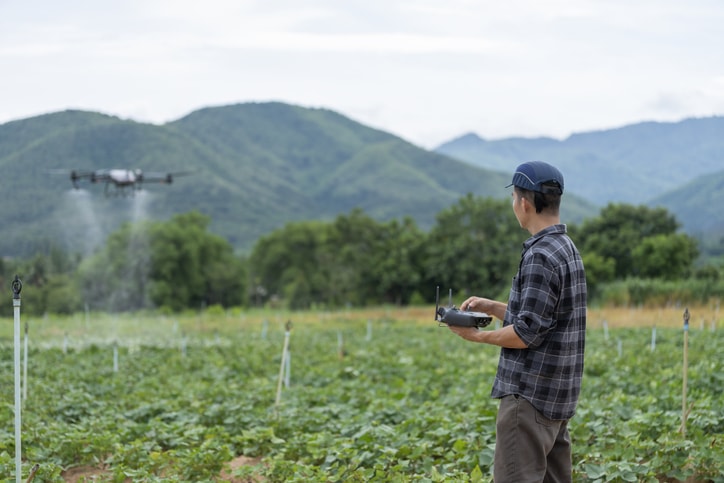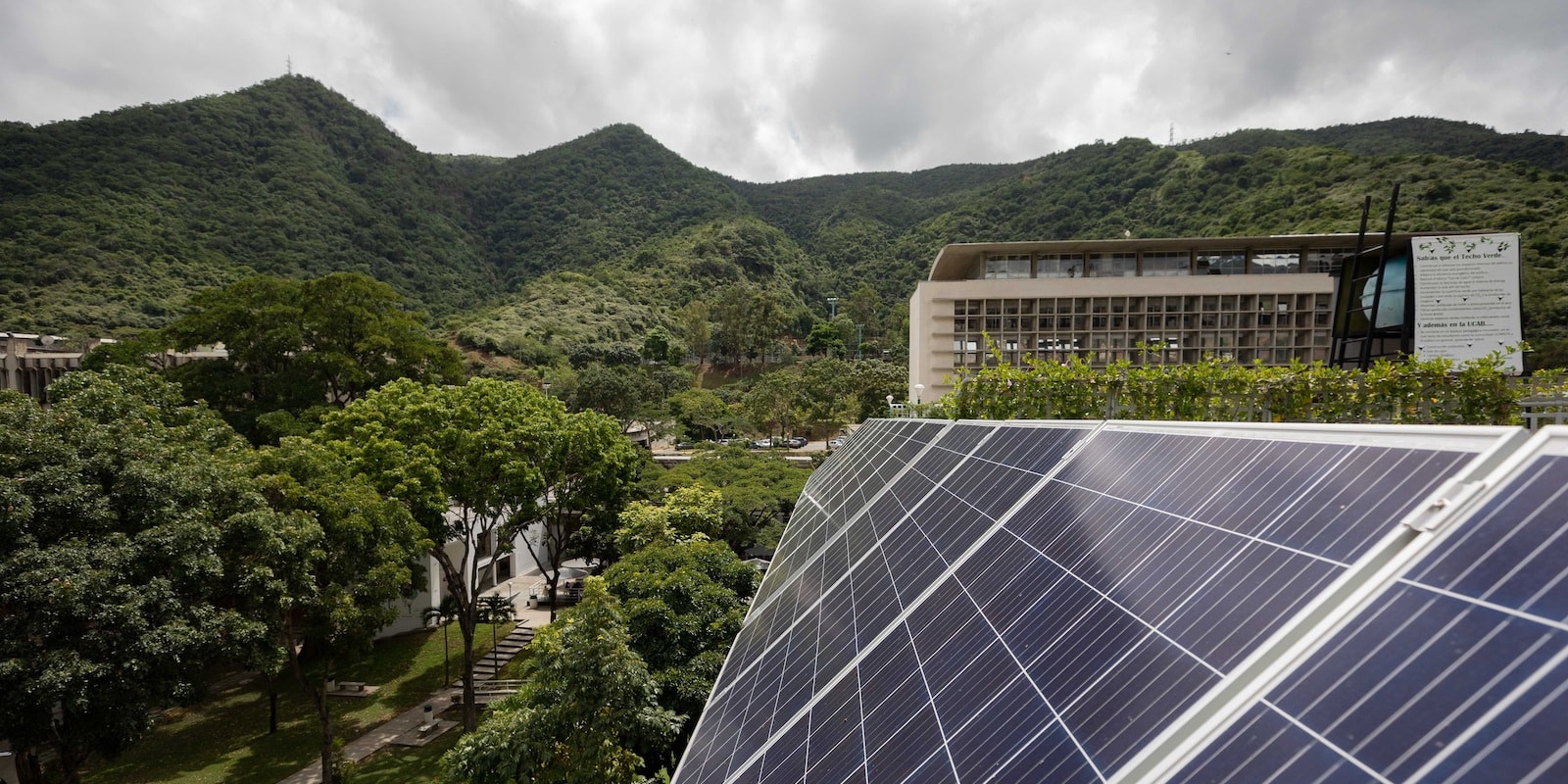Thursday, September 5, 2024
We interviewed Antonio Espinosa de los Monteros, the founder of AUARA—a bottled water brand that uses recycled plastic packaging and dedicates 100% of its profits to initiatives aimed at providing universal access to potable water.
By Pablo Cerezal
Although you trained as an architect, your career has taken a different direction, focusing on entrepreneurship with a strong social impact. When and how did your interest in contributing to a more just society and a healthier environment begin?
My shift toward social entrepreneurship wasn’t planned. While studying architecture, I was fortunate to have the opportunity to work on various humanitarian projects in places like Peru, Cambodia, and Ethiopia. Through these experiences, I discovered something that truly resonated with me—something meaningful. This naturally led me to focus my career on developing social impact projects, driven by the people and experiences I encountered along the way.
In 2015, you founded AUARA, the first Spanish social enterprise to receive the Social Enterprise Mark. Can you tell us more about AUARA and its social mission?
AUARA is a social enterprise, blending elements of a traditional business with the mission of a non-profit. It’s a bottled water brand, and while we sell various products, our core purpose is to use 100% of our profits to fund water access projects in developing countries. We generate income through sales, but 100% the of profit is reinvested into initiatives that provide water for drinking, sanitation, and agriculture. We work across Latin America, Africa, and Asia, and so far, we’ve completed over 150 projects in 23 countries, bringing water to approximately 130,000 people.
The funds you allocate to social projects come from selling bottled water. Given that plastic production consumes significant amounts of water and generates highly polluting waste, how do you balance these two goals? How important is the plastic used in your bottles?
The environmental impact was a major challenge from the start. In 2014 or 2015, when we began developing the product, we realized that we were aiming to create social impact by selling a product with a considerable environmental footprint. That’s why we made it our mission to develop the most sustainable packaging possible—it became our obsession. Since then, every bottle we’ve sold has been made from 100% recycled plastic.
What types of water-related projects do you support?
We focus on three key areas: drinking water, sanitation, and agricultural water. Our most common project involves drilling wells in rural communities without access to clean water, ensuring they are easily accessible to all residents. We also support sanitation initiatives in schools and hospitals. Additionally, we work on projects that provide water for agriculture in regions where farming is the main source of subsistence, which also helps to boost the local economy.
What criteria do you use to select the organizations you support through AUARA?
Partnering with local organizations is essential for us. Instead of focusing solely on areas with water scarcity—which are numerous—we seek out strong local partners to implement our projects. We use a two-phase validation process with these potential partners. First, we conduct a thorough review of their documentation, including financial statements, project reports, and references from previous collaborators with the potential partners. We pay close attention to whether the organizations are committed to long-term involvement in the community. Following this, we carry out a small pilot project to verify the documentation’s accuracy in practice. If everything is validated, we proceed with a long-term partnership, and these projects typically achieve excellent results.
According to UN data, around 750 million people face significant challenges with access to potable water. What improvements have you observed in the quality of life for those who have received potable water from your efforts?
The most noticeable improvements are in health and sanitation. But there are also important logistical benefits, such as time savings. Access to clean water means that people no longer spend three or four hours each day searching for it. In Benin, we carried out a very special project called Names with Stories, where we recorded 50 individuals from a village we provided with water, capturing the positive impact on their lives. We then released a limited-edition line of our bottles featuring these individuals’ names on the labels, along with a QR code linking to their stories. It was a lovely experience.
How does the lack of access to potable water affect those who already have guaranteed access?
For those of us with reliable access to water, it serves as a reminder of our privilege and the potential consequences of neglecting such a basic necessity. Awareness of global water scarcity and droughts helps us appreciate what life would be like without something we often take for granted. The success of AUARA’s projects proves that effective solutions exist for achieving social justice and improving environmental conditions.
What measures do you think are essential for institutions and citizens to take to accelerate this process?
I believe the initial responsibility lies with individuals. There are two contrasting perspectives: one argues that institutions and large companies should be held accountable, while the other emphasizes personal responsibility. By raising awareness through education and training, we can encourage individuals to adopt necessary measures in their own lives. This collective awareness will naturally drive change in institutions and large companies, which are ultimately comprised of people. Change starts with us.
Regarding the plastic industry, how do you evaluate the efforts to use recycled plastic and develop more sustainable solutions?
In 2019, our supplier, with whom we developed our 100% recycled plastic bottle, informed us that all major companies in our country had been requesting the same bottle for over a year. The role of startups and smaller activist companies, like ours, is crucial—not just for their direct impact but also for raising awareness. While we've recycled 37 million plastic bottles, a large brand might achieve that in a week. The key is to inspire consumers by demonstrating that if we can do it, so can the major companies. Significant advancements are underway, such as chemical recycling processes that convert degraded plastic into new material, and fully circular systems. However, it’s essential to invest in and scale these technologies.
¿Te ha parecido interesante?





